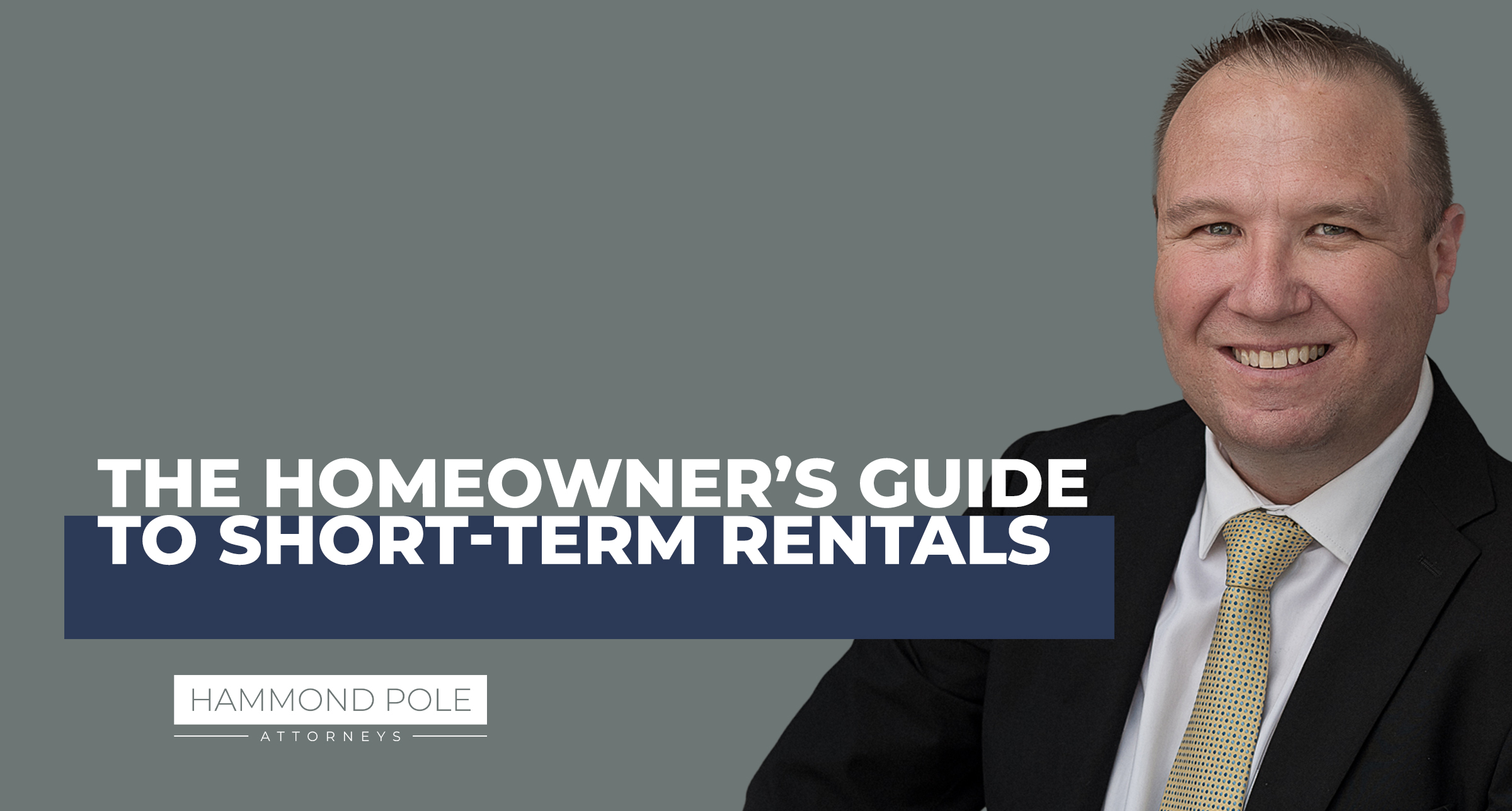The Homeowner’s Guide To Short-Term Rentals

Short-term rentals have taken the real estate world by storm, offering South African homeowners a unique opportunity to generate additional income. Platforms like Airbnb and LekkeSlaap have made it easier than ever to list your property and welcome guests from around the globe. However, as tempting as it may be to dive straight into offering up your home for short-term rentals, it’s important to understand the potential benefits and challenges associated with this venture.
The allure of short-term rentals
One key benefit of short-term rentals is the potential for higher income. By renting your property on a nightly or weekly basis, you can often command higher rates compared to traditional long-term leases, particularly if your property is located in popular tourist destinations.
The flexibility offered by the short-term rental model is another benefit. You can set your own availability, adjust your pricing to market demand, and even block out dates for personal use. This level of control allows you to tailor your rental strategy to your specific needs and lifestyle. Ideal if you plan to travel and let your home generate income while you’re away.
Most importantly, short-term rentals can be a great way to stay ahead of market trends. As the real estate market fluctuates, you can quickly adapt your rental strategy to maximise your returns.
The flip side
While short-term rentals have various benefits, it is important to acknowledge that there are a number of potential drawbacks involved. Managing short-term rentals requires significant time and effort. From screening guests and handling bookings to coordinating cleaning and maintenance, there’s a lot for you to consider.
Income from short-term rentals can be variable and unpredictable, depending on factors like seasonality and local events. While peak seasons can generate substantial revenue, off-peak periods may yield lower earnings for you.
Bear in mind also that frequent guest turnover can lead to increased wear and tear on your property. To mitigate this, it’s important for you to invest in regular maintenance and cleaning. Additionally, thorough guest screening can help minimise the risk of property damage and unruly behaviour.
Regulatory considerations for short-term rentals in South Africa
Before embarking on a short-term rental venture, you’ll need to familiarise yourself with the regulatory landscape. Tax obligations must be properly fulfilled, as income from short-term rentals is classified as rental income and subject to income tax. Property title deeds must be examined for any restrictions on short-term letting.
Homeowners’ Associations or Body Corporates in sectional title schemes may have specific rules regarding short-term rentals. Municipal bylaws also play a significant role, with zoning regulations and potential licensing requirements impacting the legality of short-term rentals.
Safety and consumer protection are equally important. Homeowners must adhere to health and safety standards, such as providing smoke detectors and fire extinguishers. Additionally, while short-term guests may not have the same rights as long-term tenants, consumer protection laws as part of the Consumer Protection Act 68 of 2008 still apply, safeguarding guests against misleading advertising, unsafe conditions, and contract breaches.
Legal tips for success in short-term rentals
- Draft a strong rental agreement – Ensure your rental agreement covers important legal terms, including the rental duration, house rules, deposit requirements, and liability for damages. A comprehensive agreement can help protect your rights and clarify expectations for guests.
- Check zoning and municipal by-laws – Verify that your property is zoned for short-term rentals, as some municipalities have restrictions or permit requirements for properties used in this manner. Non-compliance could lead to fines or forced closure.
- Comply with community scheme rules – If your property is part of a sectional title or estate, confirm with the Community Schemes Ombud Service (CSOS) and your homeowner association’s rules regarding short-term rentals, as these schemes may restrict or regulate them.
- Ensure tax compliance – Income from short-term rentals is taxable. Declare this income on your tax return, and if your annual earnings from the property exceed R1 million, register for VAT. Consult with a tax advisor to ensure full compliance with SARS.
- Obtain specialised insurance – Standard home insurance may not cover short-term rentals, as they can be considered commercial use. Look into policies specifically covering short-term rentals to protect against guest-related damages and liabilities.
- Meet Consumer Protection Act (CPA) standards – Under the CPA, provide accurate listings and a safe rental environment. Disclose all fees and terms upfront and ensure that guests are aware of property rules to avoid disputes or potential claims for damages.
- Require a security deposit – Legally secure a refundable security deposit to cover any damage or excessive cleaning costs. Clearly outline the deposit terms in the rental agreement, including conditions for partial or full deductions.
- Screen guests carefully – Screening guests reduces the risk of property damage or legal disputes. Use platforms that verify guest identities or implement a screening process to select reliable guests.
- Follow noise and nuisance regulations – Inform guests of local noise restrictions to avoid potential fines or complaints from neighbours.
- Maintain accurate records of all transactions – Keep detailed records of all rental income, expenses, and guest agreements. Proper documentation helps with tax reporting but also provides a legal record in case of disputes with guests or authorities.
By carefully considering the legal considerations of short-term rentals and implementing measures to mitigate potential risks, you can maximise this opportunity while ensuring compliance and protection.
For expert assistance in creating tailored short-term rental agreements, reach out to Hammond Pole Attorneys.
Blog by: Neil McKinon
Neil Mc Kinon: NeilM@hammondpole.co.za

